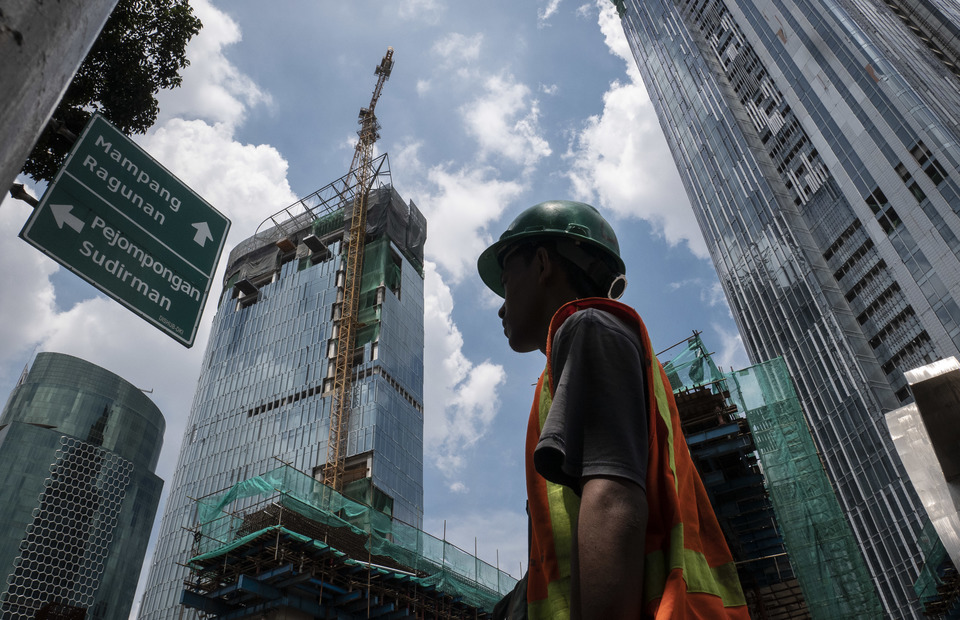Bank Indonesia, the country’s central bank, has struck a deal for a $60 billion repurchase facility with the New York Federal Reserve as a second line of defense to prop up the country’s dollar liquidity during the global shortage triggered by the Covid-19 pandemic.
Bank Indonesia Governor Perry Warjiyo said Indonesia was one of a few emerging markets able to get the US Fed’s repo line, which reflects high confidence in the largest economy in Southeast Asia.
Perry said, however, that Bank Indonesia currently does not have a plan to use the repo facility.
Under the scheme, the central bank can enter a repurchase agreement with the Fed by selling Bank Indonesia’s treasury bill (T-Bill) holding, if Indonesia needs dollar liquidity that cannot be obtained from other places.
“This deal does not add to our foreign exchange reserves, but will greatly help our dollar supply when there’s a global tightness,” Perry said in an online media briefing on Tuesday.
“But, up to now we don’t have a plan to use the facility,” he said.
Indonesia has seen its currency, the rupiah, battered and its foreign exchange reserves depleted thanks to a massive outflow from foreign investors spooked by the Covid-19 pandemic that has infected 2,700 people in Indonesia and killed 221.
The rupiah has depreciated by more than 12 percent so far this year. The country’s foreign exchange reserves fell by $9.4 billion or 7.2 percent in March alone to $121 billion, forcing the central bank to intervene in the market to stabilize the rupiah’s exchange rate amid the massive capital outflow.
Still, Perry said the current foreign exchange reserves were still sufficient to meet import needs, pay installments on government debts and stabilize foreign exchange needs for the next few months.
In addition to the repo line from the Fed, Bank Indonesia also has similar agreements with other central banks in Southeast Asia. These include a $2.5 billion repo facility with the Bank for International Settlements and the Monetary Authority of Singapore worth $3 billion.
Bank Indonesia has also secured bilateral swap agreements with several of its main trading partners to facilitate bilateral trade in native currencies instead of the US dollar, thus reducing demand for the greenback among local businesses.
These include a swap agreement with China’s central bank worth around $30 billion, with Japan’s central bank for $22.8 billion, with South Korea’s central bank for around $10 billion and with Singapore’s central bank for around $7 billion.

